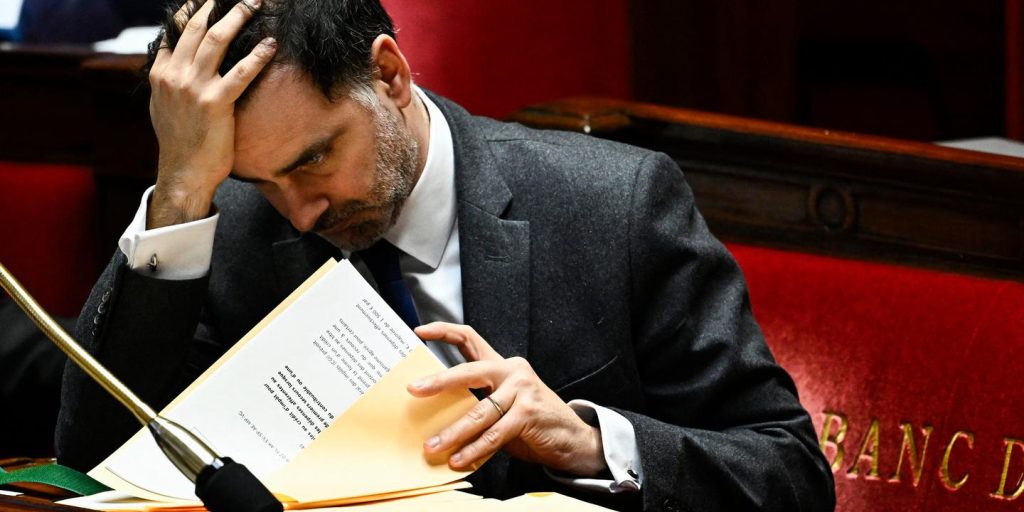The National Assembly has ultimately rejected the exceptional surtax on large companies proposed by the government in its 2025 budget project, with government and National Rally (Rassemblement National) MPs voting against the article after the tax was significantly strengthened by an amendment from La France insoumise (LFI). This “exceptional contribution on the profits of large companies,” intended to contribute to the €60 billion in savings that the government hopes to achieve with its 2025 budget, is set to be in place for two years, bringing in eight billion euros in 2025 and four billion euros in 2026. The contribution, expected to affect around 450 companies according to the executive, functions by adding different surcharges – based on the year and revenue of the companies – to the corporate tax they must pay (CIT, which stands at 25%).
However, an amendment from the left increased the tax rates in the first year, against the government’s wishes, raising the rate to 40% for companies with revenues between €1 billion and less than €3 billion, and to 55% for those with revenues equal to or greater than €3 billion. This was a significant increase compared to the government’s initial proposal. “This amendment will subtract nearly €13 billion from our companies in addition to what is already being done. None of these companies would remain in our territory,” denounced Budget Minister Laurent Saint-Martin after its adoption. LFI President of the Finance Committee Eric Coquerel responded, “You say it’s unbearable [to ask for this effort from] companies that have accumulated billions in profits that you have defiscalized (…). I’ll tell you, it’s irresponsible to ask the workers of this country for two more years of their lives to work.”
Socialist Philippe Brun criticized the “untruthful allegations” regarding the impact of the amendment and rejected accusations of a “confiscatory” measure, which would have been only “temporary for one year.” On the other hand, Republican Right deputy Philippe Juvin believed, “This is no longer a budget law but a demolition enterprise.” Similarly to the rest of the government coalition (EPR, Horizons, MoDem, DR), National Rally MPs and those from Eric Ciotti’s UDR group voted to ultimately reject the article in its entirety, removing it from the text. The bill could still evolve during the parliamentary discussions with the Senate or through the use of Article 49.3.
In response to the rejection of the surtax on large companies, tensions have risen between different political factions in the National Assembly. The left, particularly LFI, argues for increased taxation on profitable companies to ensure a fair distribution of financial burden and to protect the interests of workers. On the other hand, the government and its allies in the assembly see the surtax as damaging to the economy and potentially driving away large corporations from the country. The disagreement highlights broader debates around fiscal policy, wealth distribution, and the role of government intervention in the economy.
The rejection of the surtax on large companies also reflects the complex dynamics within the National Assembly, with various parties and factions having divergent views on economic policies and taxation. The decision to reject the tax, with government and far-right MPs aligning against the left, underscores the challenges of reaching consensus on key fiscal matters. Moving forward, the debate is likely to continue as different groups within the assembly push for their respective positions on how to address economic challenges and distribute the financial burden in society. The outcome of this debate will have implications for the government’s budget plans and the overall economic landscape in France.















